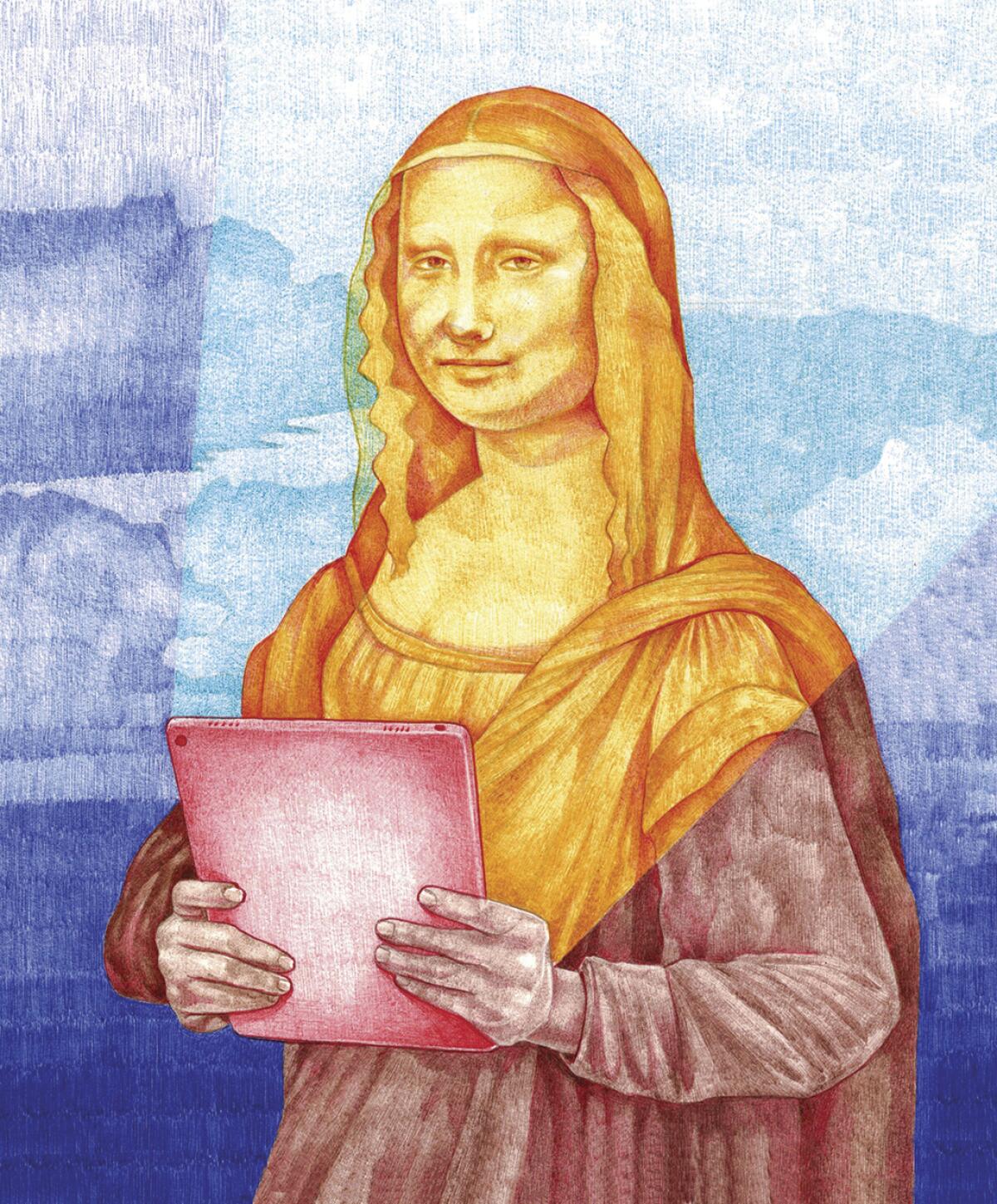Funny dramas and dark comedies muddy the waters during award season

- Share via
Some years ago, Terence Winter faced a conundrum: Episodes of HBO’s “Sex and the City” had arrived to be judged for the Emmys, but they weren’t … well, funny.
“I got sent the episodes where Samantha has cancer,” Winter — executive producer and exiting showrunner for “Tulsa King” — recalls. “They were dramatic. They weren’t particularly funny. How do I fairly judge them in a comedy category when they’re making me cry?”
“Tulsa King” is sailing into similar territory this Emmy season: Winter’s show is about a recently paroled gangster starting up again in Oklahoma, which is not a typical laugh-riot topic. But it has some seriously funny moments.
And “Tulsa” is not alone: The definition of what makes a comedy and what makes a drama — at least in the eyes of the Television Academy — feels looser than ever. Sure, there are still traditional 30-minute, multi-camera, studio-audience sitcoms; and plenty of straight-laced, laugh-free serious dramas. But for the most part, the “dramedy” has all but taken over TV — it’s hard these days to find a drama that isn’t also leaning into satire, or a comedy that pushes story into the dark. No surprise that multiple showrunners interviewed for this story (all prior to the writers’ strike) cited, without prompting, HBO’s drama entry “Succession” as one of the funniest shows on TV.
Audiences don’t seem to mind, and apparently neither do creators, thanks to the way streaming’s success has led to a glut of niche programming. Broadcast may have invented the 30-minute sitcom and 60-minute drama, and cable channels may have largely maintained those established lines, but original programming in the age of streaming gives creators free rein to ignore both.
Take the new Netflix series “Beef” from creator-showrunner Lee Sung Jin, whose show focuses on a road rage incident that sparks a feud between strangers. He refers to a joking email he sent to his writing staff describing the show: “‘The Beef’ Holy Grail is 35 percent ‘Sopranos’ comedy and Paul Thomas Anderson broken character psychology comedy; plus 35 percent Netflix propulsion-slash-’White Lotus’ water cooler moments; and 30 percent Ingmar Bergman-Hirokazu Koreeda warm melancholic pathos.’ That was an early sentence we typed.”
Trying to judge a series with that description — and one whose episodes range between 30 and 60 minutes — as a strict drama or comedy seems like a lost cause.
Veteran showrunner Bill Lawrence, currently overseeing Apple TV+’s grieving, unconventional psychiatrist series “Shrinking,” which he co-created with star Jason Segel and Brett Goldstein, notes that comedies with edge have been around forever — just think of “M*A*S*H” and “The Wonder Years.”
But, he adds, “Streaming is so niche, and the definition of what is successful is so much more narrow that you can write these shows that are tonally hybrids or dicey topics or live in a specific world that might not have mass appeal. So it’s cool to find audiences for shows that I know would never have made it to mass market TV.”
“Hard comedy has had a wider road,” says Tracy McMillan, creator-showrunner of Hulu’s new “Unprisoned” — about a woman whose life is upended when her father is freed from incarceration. “There have always been more open doors for straight comedy. But people like me [Black creators] haven’t created a show like this before,” she says of the series that tackles some tough issues.
Justin Halpern, who co-showruns ABC’s “Abbott Elementary” with Patrick Schumacker, suggests dramedies emerged in response to overly rigid formulas: “As multicams became more iterative — where you couldn’t have a line if the line wasn’t also a joke — it began to wear on audiences. Audience tastes evolved and they craved more realistic interactions with characters. As that happened, comedy writers, who are generally some of the most dark human beings I know, felt free to lean into some of those ideas.”
Yet all this freedom makes for muddy waters during awards season. The teacher-focused “Abbott” is unquestionably a sitcom. In its first season, HBO’s “The White Lotus” escaped definition by being considered in the genre-free limited/anthology category. But this season, despite the antics of Jennifer Coolidge, it’s in the drama race. “Succession” remains a drama, no matter how darkly funny it is. But it speaks volumes about how voting for prestige awards work that a sitcom like “Sex and the City” might rely on a dramatic story arc in a bid for a comedy award.
“Really good drama equals prestige and awards in drama and comedy categories,” acknowledges Chris Kelly, who with Sarah Schneider co-created and co-showruns HBO’s “The Other Two,” a comedy about two siblings whose younger brother becomes famous after his video goes viral. “You’re taken more seriously if you’re dramatic.”
“It’s almost like they’re asking you to game the system,” Winter says. “Are you better off in the comedy or drama category, regardless of what you think your show is?”
But don’t expect a “dramedy” category to get much support. Showrunners asked for alternatives for this article suggested awards might just be given out based on show length; Schumacker offers a thumbs-up to the American Film Institute’s choice to honor films and TV shows that are exceptional, with no competition aspect.
In the end, though, changing things “would just make things more confusing,” Winter says. “The people who make the show should tell you what it is, and hope the audience agrees with them. I mean, I could write something and say it’s a comedy and nobody would laugh at it. Maybe I’m better off not saying what it is.”
More to Read
Sign up for The Envelope
Get exclusive awards season news, in-depth interviews and columnist Glenn Whipp’s must-read analysis straight to your inbox.
You may occasionally receive promotional content from the Los Angeles Times.






